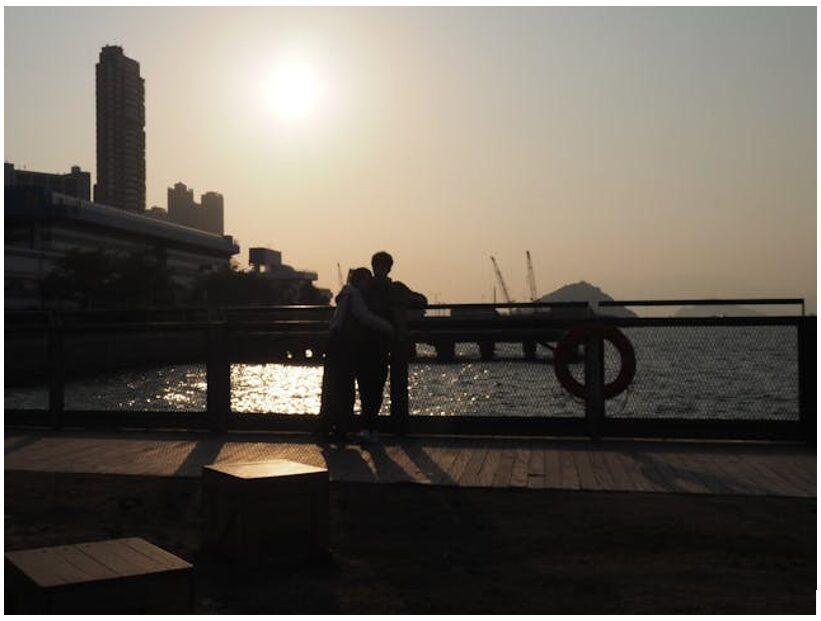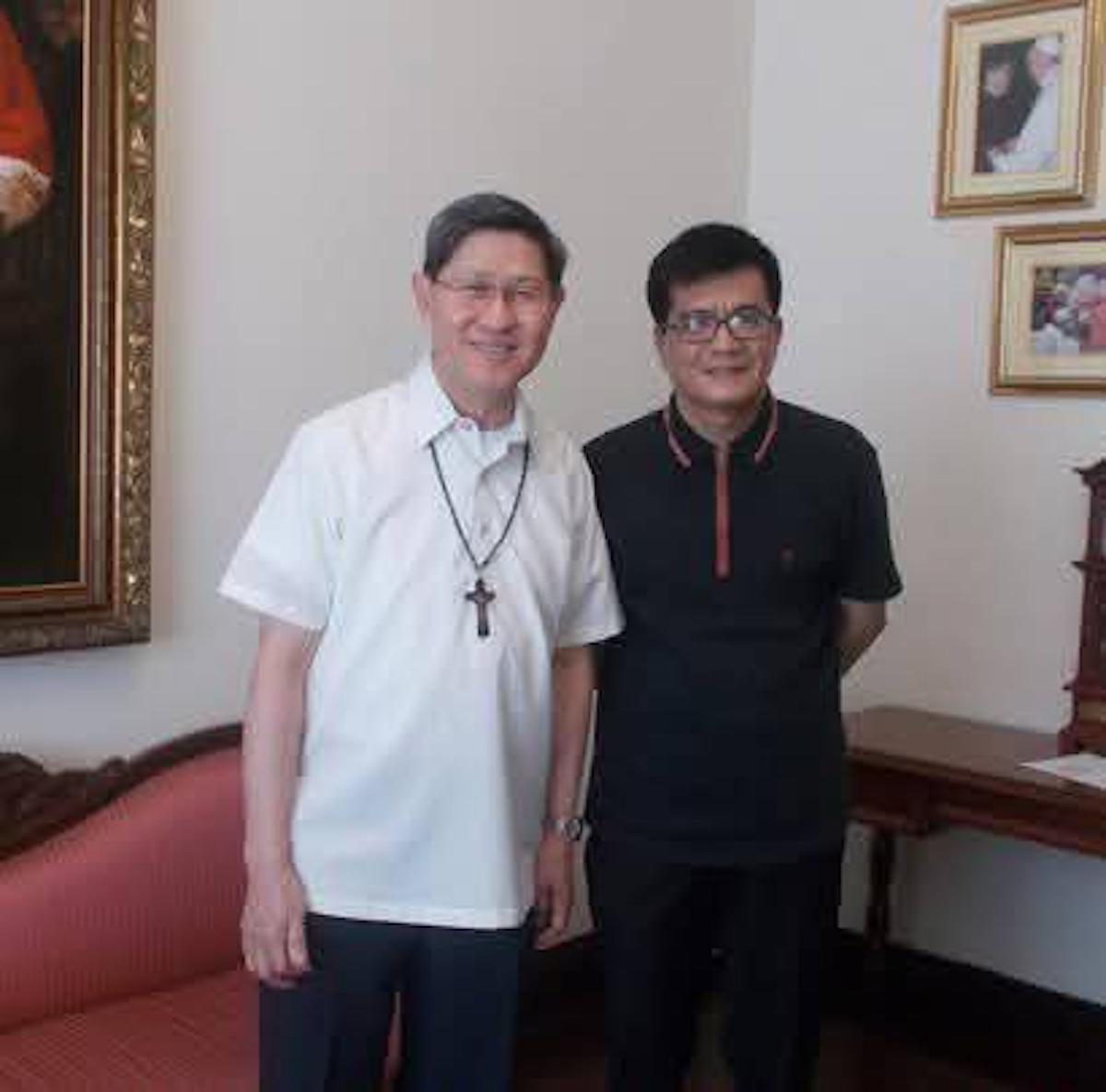If the structure of the Philippine government is supposed to have been patterned after that of the United States, why wasn’t the federal system of America also applied to the Philippines?
The answer is in the fact that the U.S. was created from thirteen colonies that decided to federate, declare independence from Great Britain, fought and won a revolutionary war and subscribed to a single Constitution that acknowledged the autonomy and the partitioning and sharing of powers between the Federal government and the states.
The U.S. nearly became un-united or untied in 1861 when several Southern states, chafing over the issue of slavery and the sharing of authority and power with the central government, declared themselves the Confederate States of America. This precipitated a bloody civil war that ended only with the surrender of the confederacy in 1865.
On the other hand, the Philippines, was considered a single colony of the United States and was never regarded as separate or autonomous provinces or regions. Thus, it was constituted as a Commonwealth of the Philippines, with a central government, preparatory to being granted independence.
No thanks to Malacañang’s resident communications genius, Mocha Uson, our citizens are still unsure what the heck the Philippine Legislature and President Rodrigo Duterte are talking about in the course of their campaign to replace the current centralized system of government with a federal system.
Proponents of federalism are, understandably, focusing on the benefits of this system of government, which is in use by several countries, among them the U.S., Canada, Germany, Switzerland, Australia, Russia, Mexico, Argentina, Brazil and, in Asia, Malaysia, India and Pakistan.
On the other hand, those who are resisting federalism have expressed both valid reasons, as well as concerns that come with fear of the unknown. Among those who have posed reasonable concerns are Duterte’s economic czars, Finance Secretary Carlos Dominguez and Socio-Economic Planning Secretary Ernesto Pernia.
But the fear of the unknown is, perhaps, the biggest obstacle to public acceptance of federalism. This is exacerbated by what people already know about the actuations of those who may eventually be entrusted with implementing the change of governmental system.
The fact alone that certain politicians are calling for the scalp of Dominguez and Pernia, for expressing their reservations about federalism, is one principle reason to fear its implementation.
Said our neighborhood tricycle driver in Parañaque, “Hindi pa nga na-a-aprubahan ang pederalismo, umaabuso na ang mga gago! (Federalism has not yet been approved, those idiots are already becoming abusive)”
Said one of his passengers: “Sa tutuo lang, mapagkakatiwalaan mo ba ang mga katulad ni (former Speaker Pantaleon) Alvarez at (former Majority Floor Leader Rodolfo) Fariñas na hindi maghahari-harian sa kanya-kanyang teritoryo? Kung sa kasalukuyang sistema, abusado na. Di lalo na kung autonomous na sila?” (In truth, can you trust people like Alvarez and Fariñas not to lord it over their respective territories? Under the present system, they have already been abusive. What more if they become autonomous?)
Chimed in another passenger: “Hindi lamang si Alvarez at Fariñas. Lahat ng politiko. (Not just Alvarez and Fariñas. All the politicians.)”
To be blunt about it, the problem is not the concept of a federal system of government. It’s the politicians, stupid!
Following are some of the ways political overlords can – frankly, WILL – abuse their newly-gained autonomy under a federal system:
1. Multiplying, overlayering and overloading the bureaucracy – Everyone who has managed a company must be familiar with this dynamic. When you promote an assistant, he will ask for an assistant for himself. Soon, he will promote his assistant who will then want his own assistant, and so on. Apply that dynamic to a change from a centralized system of government to a federal system and you can bet that the tendency to multiply departments and overlayer and overload them will manifest itself. I believe Sonny Dominguez has a much bigger fear as applied to government expenditures.
2. Control over the system of justice – We have all witnessed how Alvarez, as House Speaker, threatened to DISSOLVE the Court of Appeals and to have several justices disbarred over a decision by the justices involving six Ilocos Norte officials. We have also witnessed how Duterte and the Legislature have virtually placed the Supreme Court under their thumb and how they succeeded in dislodging Chief Justice Lourdes Sereno. In a federal system, this abuse of power will surely happen as sure as night follows day.
3. Private armies and the imposition of a virtual police state – Duterte’s war on drugs will be replicated at the local level with a war against anything and anyone who dares to protest abuse of authority. If, under the spotlight of international condemnation, the thousands who have been salvaged by the police still have not found justice, does anyone believe localized salvaging and disappearances will fare any better? At present, private armies are being maintained by political overlords. Federalism WILL formalize their existence.
4. Imposition of punitive and frivolous taxes and business regulations – This is already happening even under the present system of government. A federal system will simply make the situation worse.
5. Wholesale graft, corruption and raiding of the treasury – The Commission on Audit has been rendered toothless in its efforts to extract accountability from national and local officials, starting from charging for ghost employees (which the Dutertes have been questioned about) to overpricing on public works projects and official purchases of materials and supplies. Autonomy will give the green light for raiding the treasury of each region.
6. The danger of secession – The Confederate States of America that the Southern states in the US attempted to establish should serve as a warning to those who still do not know how to handle the Moro secessionist sword of Damocles. In this regard, watch out for the Federation of Malaysia. It may be tempted to offer to include parts of Mindanao in the federation, given a chance. Remember Sabah!
I could go on and on but I think you get my drift. The capacity for stealing and abuse of power by local politicians is a known fact under the present system – the only difference is that there is a capo di tutti capi who sits in Malacañang, holds the purse strings and is commandeer-in-chief of the armed forces.
Federalism will simply create more capo di tutti capi, just like amoebas and just like the Mafia, lording it over their respective domains. The powers of the man in Malacañang will presumably be decreased as those of the autonomous regions are officially granted.
You can almost see the proponents of federalism salivating over the powers that they will officially enjoy. Frankly, at present, some of them are already enjoying similar powers but unofficially – thus, the sick joke is that there already exists a Kingdom of Ilokandia, a Kingdom of Leyte, a Kingdom of Cebu and several kingdoms in Mindanao.
Applying kanto boy logic, such as the one often used by Duterte, some folks actually believe that having Marcos as a dictator was better than having Cory Aquino re-establish “democracy.” Their reasoning goes this way: During the Marcos regime, there was only one Big Chief Thief and all the others were Little Injun Thieves. Under Cory, thievery was “democratized” with many Big Chief Thieves and many Little Injun.
Thieves raiding the treasury
A similar demented logic is being applied by those who prefer to maintain the current system of government which is that it is better to deal with a tyrant that you already know than face the prospect of many unknown tyrants.
But, in spite of all these dangers, there are very real benefits to be gained in a federal system of government. Ask the many countries that have flourished under the system.
But the devil is in the details. And the devils are the politicians.
Of course, there are idealists who continue to pray and hope for politicians who do not steal, who have a noble vision for the country and who truly, genuinely, sincerely want to serve our people.
While I join these idealists in their prayers and hopefulness, the sad reality is that poor Diogenes is till holding out its lantern in search of an honest man. ([email protected])







